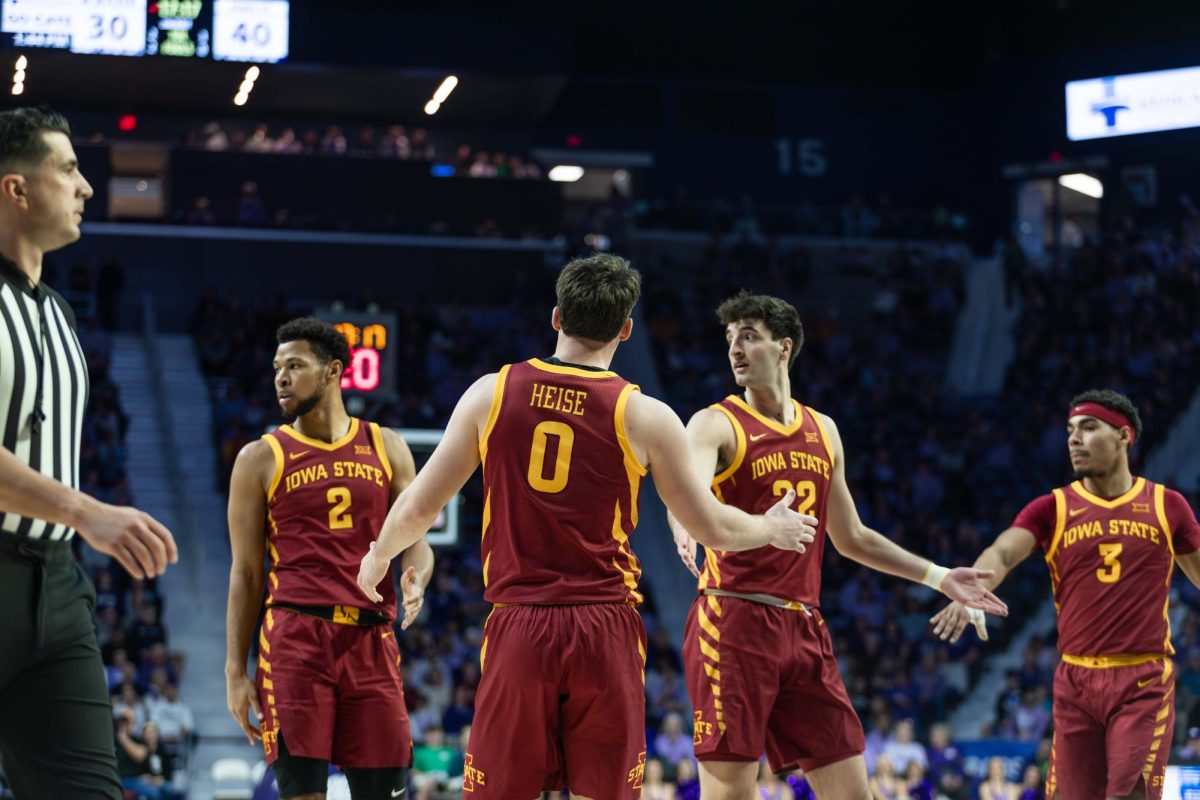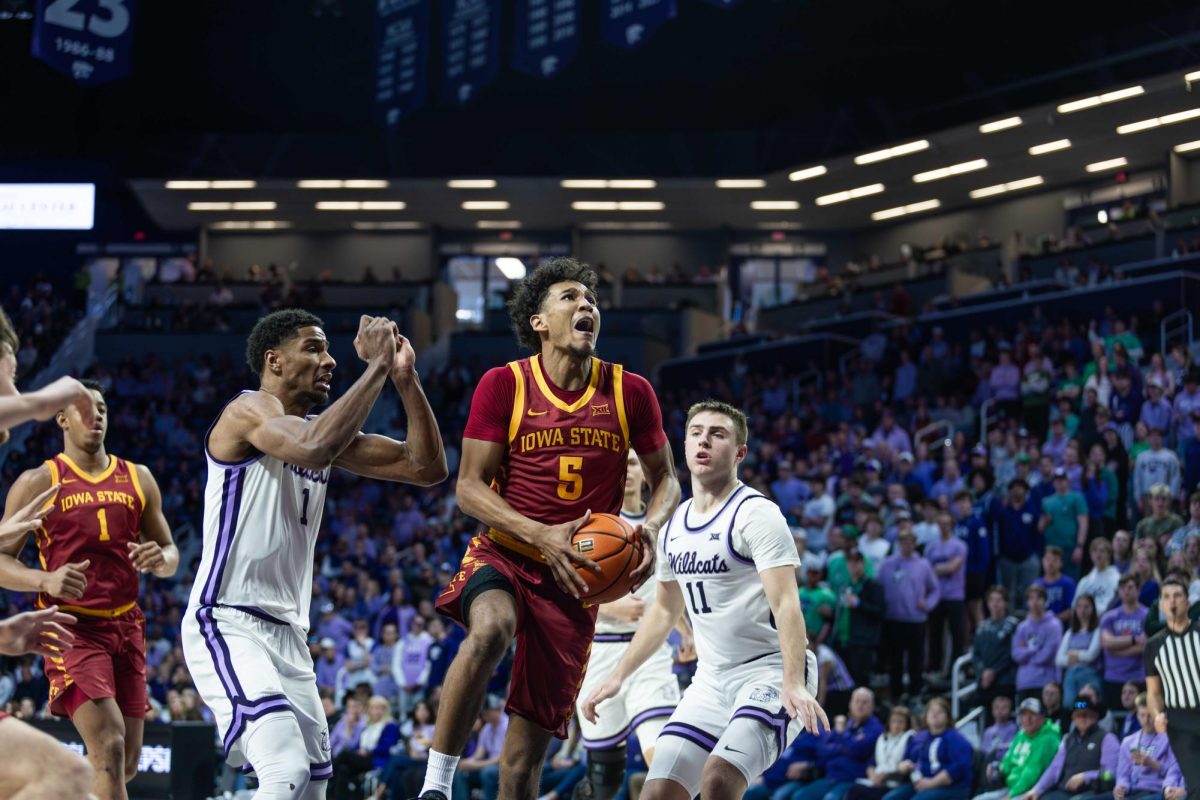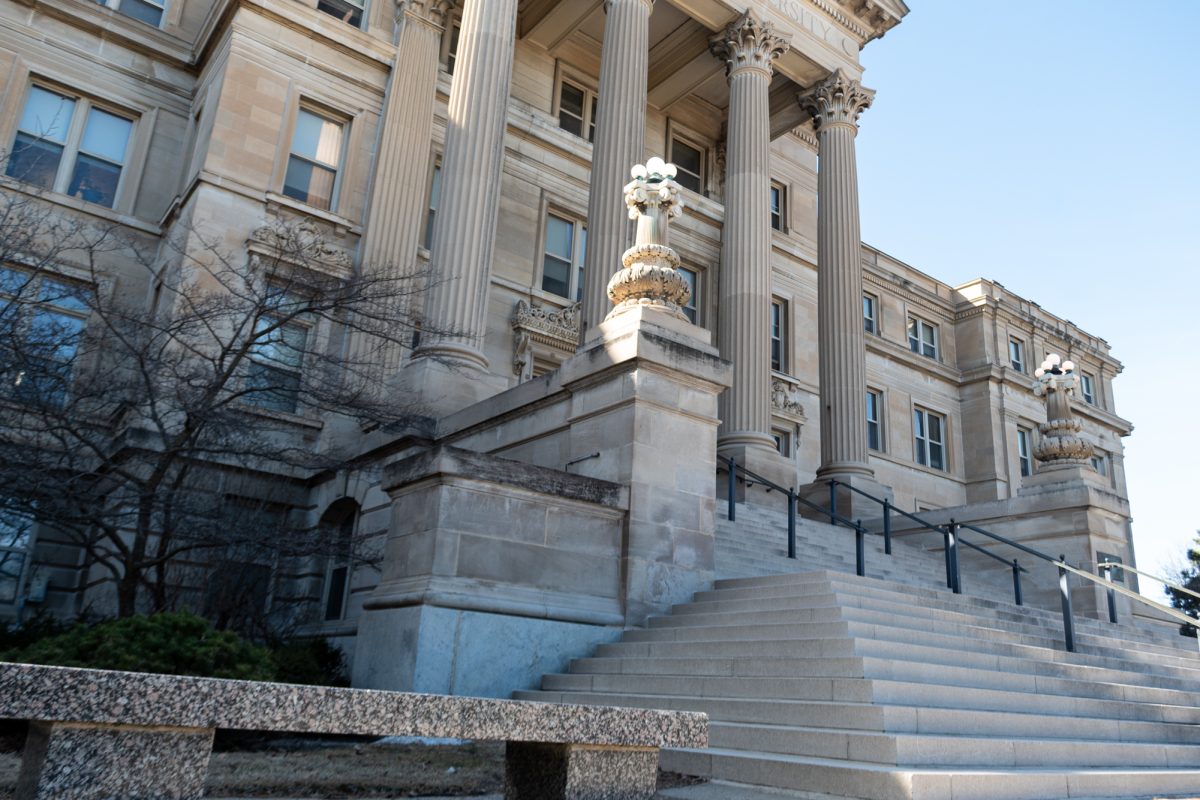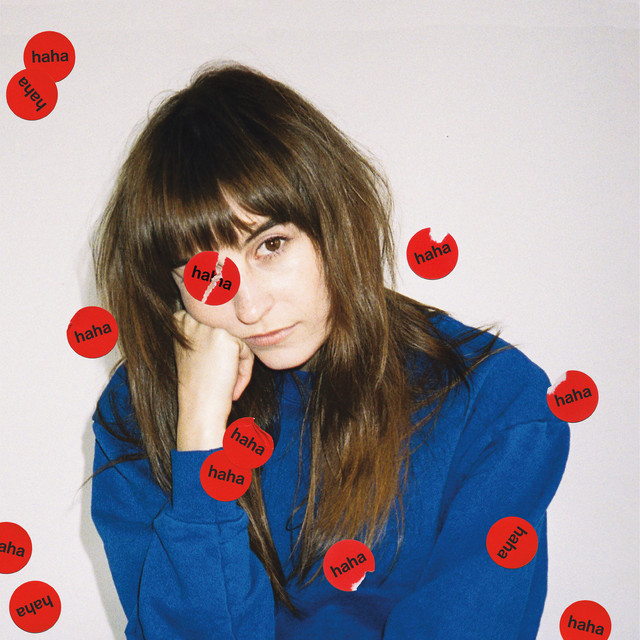John Paul II remembered for his work, compassion
April 4, 2005
Sad, yet relieved.
This describes the combination of emotions that several area Catholics said they were experiencing in response to the death of Pope John Paul II.
“There’s a feeling of sadness, obviously, because he was a great man and a great example to all people,” said Danny Dickinson, senior in biochemistry. “He’s been very ill recently and in a lot of pain, and I’m sure he’s considerably happier where he is now.”
The Pope’s death Saturday at the age of 84 ended his 26-year period of service as the Catholic Church’s top religious leader. His last several years had been plagued with many health problems, and he was unable to recover from the crop of infections and illnesses that deteriorated his health severely over the past few months.
Born Karol Jozef Wojtyla in Poland in 1920, Pope John Paul II was known for his concern for human rights, his extensive traveling and his conservative stance on church policies. He was beloved by many Catholics for his ability to connect with those around him and for his compassionate nature.
“I think that one of the best things about John Paul [II] was his dedication to relating to the everyday person and the everyday Catholic,” Dickinson said.
Amber Herman, junior in public service and administration in agriculture, said she is inspired to follow his example in her life, evidence of the strong sense of leadership that the Pope conveyed to his constituents.
“I was … deeply moved by the Pope’s heart for reconciliation and his passion for the life and human dignity,” Herman said.
The Rev. Scott Boone of St. Thomas Aquinas Catholic Church, 2210 Lincoln Way, said he saw Pope John Paul II as an excellent example of selflessness and service. He also was able to see a more personal side of the pope when meeting him twice in Rome in 1998. Boone described him as having a great sense of humor and an “overwhelming sense of peace.”
“He also, at the very end, taught us the way to die with dignity,” Boone said.
Tim Malone, junior in Spanish, said he respected the pope not only for being a good role model but also for his attempts at interfaith work. Malone said he will mourn for him but is confident that he is going straight to heaven.
“I also think it’s exciting because I haven’t witnessed the proceedings for putting a new pope in place,” Malone said.
Malone said this provides the opportunity to those like himself and to the majority of Catholic ISU students who have never known another pope to learn more about how their church works.
After the pope’s funeral, cardinals and bishops designated to elect the pope will be called together in a small, red room of the Sistine Chapel within 20 days, said the Rev. Everett Hemann of St. Thomas Aquinas Catholic Church.
He explained this is referred to as the “Room of Tears” because it is said newly elected popes start to cry immediately upon being selected.
The 117 eligible cardinals vote twice a day until they are able to reach a two-thirds majority, releasing either white or black smoke to signal a successful or unsuccessful decision, respectively.
When the new pope is selected, he is immediately fitted for a cassock, a traditional white garment, and then steps out onto the balcony to give his first blessing as pope.
Hemann said this is when the world finds out who has been chosen.
Hemann said the list of eligible popes includes all men ordained in the church, but only cardinals have been elected for the past several hundred years.
David Hunter, professor of religious studies, said the next pope will likely be someone who will carry on in the basic direction of the most recent pope because many of the cardinals who will vote were appointed by Pope John Paul II.
“There are a handful of cardinals who are frequently mentioned as possibilities,” Hunter said. “But guesswork on these matters is totally unreliable.”
Hemann said he thinks, in general, they are likely to choose an older man with international experience who allows for the bishops to have a little more decision-making freedom.
“I hope it is somebody who continues with the social justice dimension, but somebody who might be a little bit more moderate on internal church teachings,” Hemann said.
John DeWyze, junior in English, said he hopes they choose someone who follows in the last pope’s path, showing as much care and commitment to his job. DeWyze said the next pope will be influential in the development of his faith, and he hopes that the chosen pope will aid in the forward progression of the church.
Nicole Pfab, senior in dietetics, said she hopes for a similar focus on progression, along with an open attitude toward the possibilities of where the church could go.
Herman said she would like to see the new pope come from a developing nation, and Malone said whoever is chosen must be a strong leader who will reinvigorate devotion for Catholics.
Although the cardinals ultimately make the decision, Dickinson said they will not be alone.
“God will guide the cardinals in choosing the next pope,” he said.






